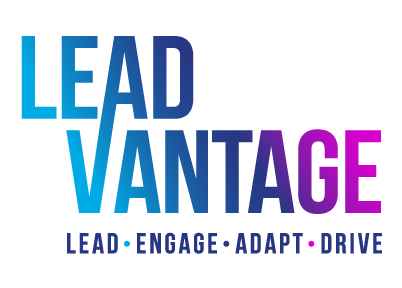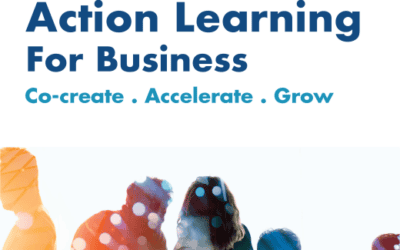Embarking on a coaching journey involves navigating through various stages to unlock potential, foster growth, and achieve desired outcomes. The FUEL framework stands out for its structured approach, ensuring meaningful and impactful conversations between coaches and coachees. Let’s delve into each step of the FUEL framework and explore its significance in facilitating transformative coaching experiences.
Frame the Conversation
The foundation of any coaching dialogue lies in setting the stage for open communication and mutual understanding. During this phase, the coach and coachee collaborate to delineate the purpose, process, and expected outcomes of the conversation. This step extends beyond mere goal setting, encompassing a comprehensive scope of discussions, including feedback delivery, development plans, and performance evaluations.
- Identify the Issue: Begin by pinpointing the specific behaviour or issue to be addressed, initiating the conversation with clarity and direction.
- Determine Purpose and Outcomes: Establish clear objectives for the conversation, outlining what both parties aim to accomplish by its conclusion.
- Agree on the Process: Collaboratively design the framework for the conversation, ensuring alignment on the approach and methodology to be employed.
Understand the Current State
Central to the coaching process is gaining insight into the current state of affairs, unraveling underlying patterns or beliefs that shape behaviour and influence outcomes. Through probing questions and active listening, coaches empower coachees to enhance self-awareness and grasp the dynamics of their present circumstances.
- Explore Coachee’s Perspective: Encourage coachees to articulate their viewpoint, unraveling their perceptions, challenges, and contributions to the situation.
- Determine Consequences: Shed light on the ramifications of perpetuating the current course of action, prompting coachees to contemplate the broader implications of their choices.
- Offer Perspective: Introduce observations and alternative viewpoints, fostering a holistic understanding of the situation from multiple angles.
Explore the Desired State
With insights gained from the exploration of the current state, the focus shifts towards envisioning the desired future and charting a path towards success. Coaches facilitate coachees in articulating their aspirations, setting goals, and devising strategies to bridge the gap between the present reality and the envisioned outcome.
- Understand Vision for Success: Encourage coachees to envision their ideal state, articulating their aspirations and desired outcomes.
- Set Goals and Expectations: Collaboratively establish tangible goals and performance expectations, laying the groundwork for actionable steps towards progress.
- Explore Alternative Paths: Stimulate creative thinking by exploring diverse approaches and strategies to overcome obstacles and achieve desired outcomes.
Layout a Successful Plan
In the final phase of the FUEL framework, emphasis is placed on translating insights and aspirations into concrete action plans. Coaches work alongside coachees to craft actionable strategies, enlist support from relevant stakeholders, and establish mechanisms for accountability and follow-up.
- Develop Action Plan: Co-create a detailed action plan delineating specific steps, timelines, and accountability measures to facilitate goal attainment.
- Enlist Support: Identify individuals or resources that can provide support and assistance in executing the action plan effectively.
- Set Milestones: Define checkpoints for review and evaluation, ensuring ongoing progress and course correction as needed.
Sample Coaching Questions for Work Settings

- What specific challenges are you currently facing in your role?
- How do you perceive your performance in relation to the team’s objectives?
- What aspects of your work do you find most rewarding, and which ones are the most challenging?
- How do you think your actions or behaviours contribute to the current situation?
- What do you envision as the ideal outcome of addressing this issue?
- What steps can we take to move closer to your desired state of success?
- Who within the organization can provide support or guidance as you work towards your goals?
- How will you measure progress towards achieving your objectives?
- Are there any potential obstacles or barriers that we should anticipate, and how can we overcome them?
- When would be a suitable time for us to reconvene and assess the progress made?
In essence, the FUEL framework serves as a roadmap for fostering meaningful coaching conversations, empowering individuals to unlock their full potential, overcome obstacles, and achieve desired outcomes. By embracing the principles of clarity, empathy, and collaboration, coaches can catalyze transformative growth and development in their coachees, propelling them towards success and fulfillment in both personal and professional spheres.

Ready to enhance your coaching skills and drive organizational success? Contact Lead Vantage to learn more about our comprehensive training programs on coaching and mentoring. Whether you’re an aspiring leader or a seasoned executive, our tailored coaching services cater to individuals at every career stage. Visit www.leadvantage.ca to explore our offerings or email us at info@leadvantage.ca to get started on your coaching journey today.




